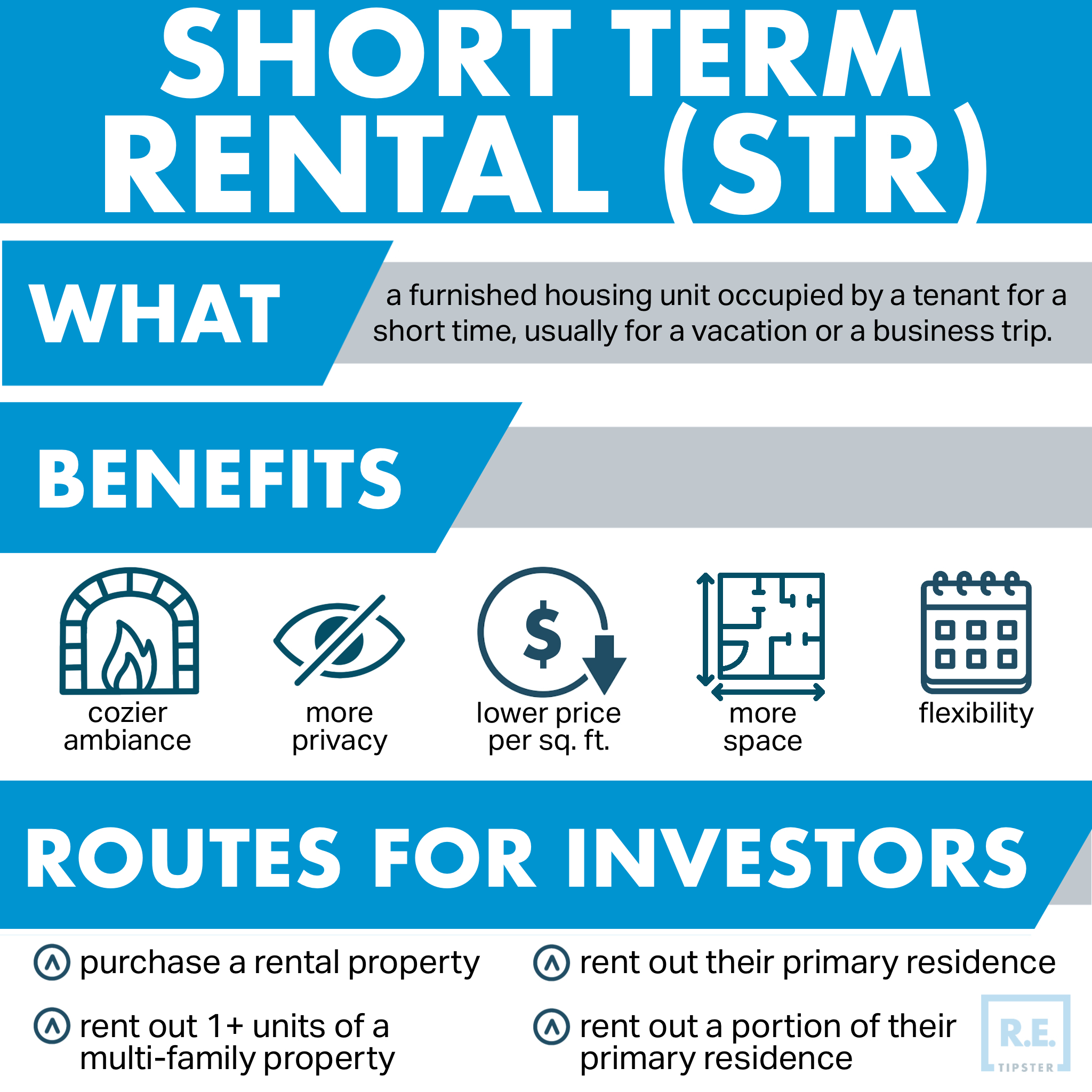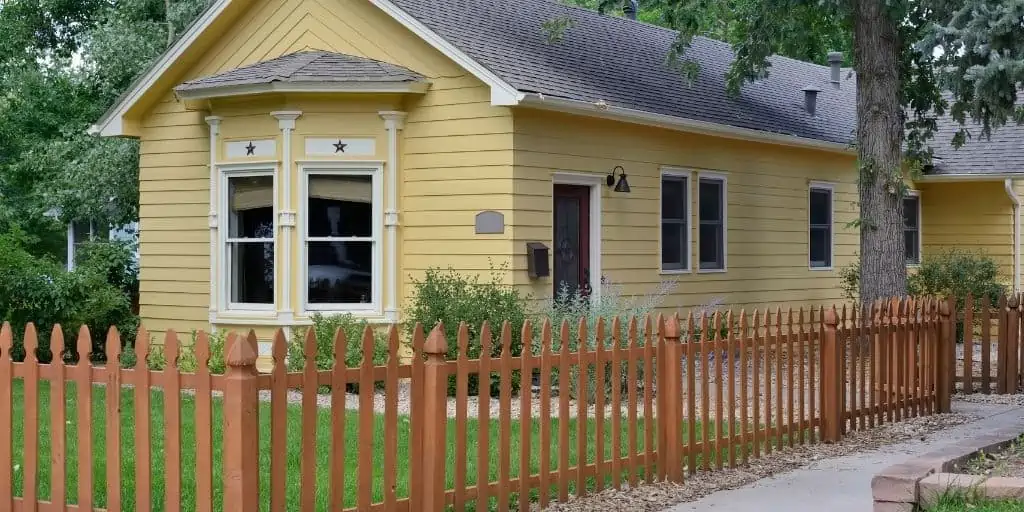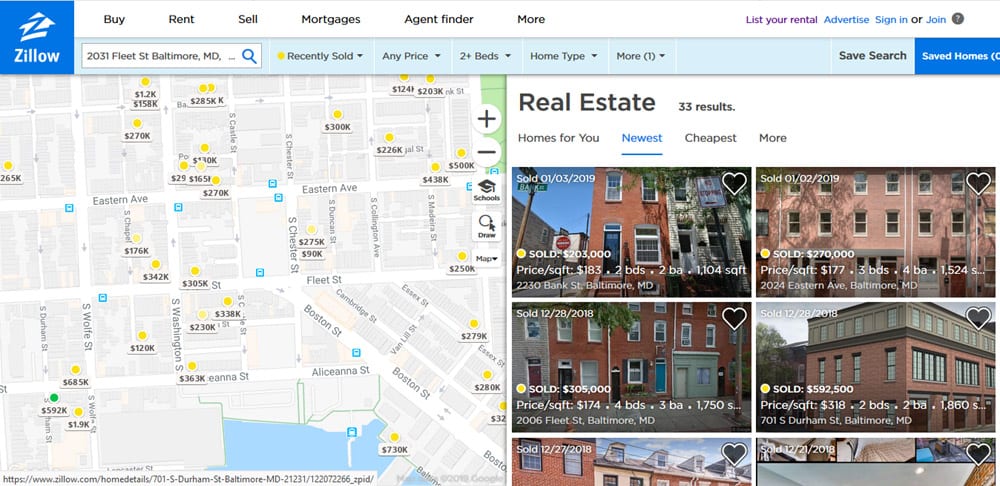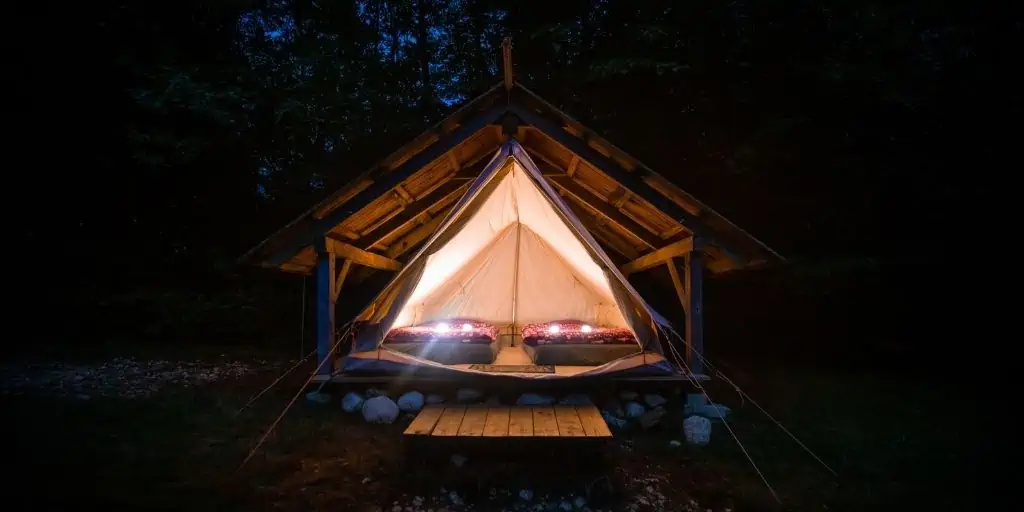What Is a Short-Term Rental (STR)?
An Overview of the Short-Term Rental Industry
Typically, short-term rentals (STR) properties come in the form of furnished condos, apartments, or houses. Investors and owners usually treat any property rented out for less than six months as a short-term rental[1].
Most STR properties are second homes in tourist spots or seasonal destinations rented out to vacationers while the owners are elsewhere. However, they also appeal to renters who do not want a long-term commitment, such as those who will move out after a few weeks or months anyway[2].
Many property owners and real estate investors own short-term rentals as a form of income. In fact, STRs are part of the vacation rental industry, which number about 23,000 in the United States—representing 20% of all the vacation rental companies in the world[3]. In addition, platforms like Airbnb, VRBO, and TripAdvisor make it easy for millions of visitors to discover STRs in their areas of interest.
The popularity of STRs has been attributed to several factors, primarily how they compare to traditional hotel accommodations. These include:
- A cozier ambiance.
- More privacy.
- Lower price per square foot.
- More space.
- Flexibility, as STRs can be rented for a few days or up to a few months[4].
Short-Term Rentals as an Investment Vehicle
For STR hosts and investors, these properties are ideal for reaching their target market more easily and generating a higher cash flow than standard rental properties. For example, using the platforms mentioned above, owners can list their STR properties for free, maximize their reservations, and pay relatively low commissions for successful bookings[5].
Most investors take one of the routes below to break into the STR market:
- Rent out a primary residence (typically, a single-family residence) on a limited basis to offset their household expenses, which can be subleased entirely or in part while traveling or living elsewhere.
- Rent out a portion of their primary residence, such as a basement apartment or an accessory dwelling unit (ADU).
- Rent out one or more units of a multi-family property. This is a common house hacking strategy used with duplexes, triplexes, and fourplexes.
- Purchase a residential property solely to rent it out short-term.
Operating STRs can be difficult in some markets. For example, some states have banned short-term rentals due to the possibility of landlords evicting existing tenants in exchange for short-term profit. Others have cited unclear taxation or zoning rules for residential zones[6], while some homeowners’ associations also restricted STRs due to the disruption of quiet neighborhoods caused by tourism.
Investing in Short-Term Rentals
Like any rental property, STRs require some strategy to earn income. Here are three things to remember for investors who want to jump on the STR bandwagon.
1. Be aware of local business and zoning regulations.
Local ordinances and zoning laws may influence how the short-term rental investment can accommodate visitors, and some cities have different regulations than the county or state they are in.
For example, in New York City, properties cannot be rented out for less than 30 days[7], while in Los Angeles, owners must file a business permit or license for transient stays[8].
Most real estate brokerage agents must disclose these laws to their clients, but it will not hurt for the investor to research these laws themselves.
2. Set realistic expectations.
Operating a short-term rental requires a more intense property management than a typical rental property. On the flip side, most STRs generate two to three times more yield than a long-term rental[9], and owners can decide when to open the property for rental and when to close it (such as for their personal use).
However, most STRs have higher operating expenses, income is not always guaranteed, and bookings can vary widely based on the time of year. They are also subject to local laws and regulations, as mentioned above, which are not always to the benefit of the STR investor. There can also be fierce competition for vacationers in some markets during peak seasons.
3. Location is everything.
Like any real estate investment, location is king. The best STRs are often found in areas with high demand for short-term rentals, such as vacation spots, with the most lenient state and local regulations.
Running the numbers (as investors do with comps, for example) is also important when investing in an STR since these numbers may give the investor a more realistic benchmark of occupancy rates and expected rent. Appealing to certain demographics, such as business travelers or family vacation groups, may be part of the equation, but this involves refurbishing the property to accommodate the targeted segment of the market.
The Impact of COVID-19 on the STR Market
The COVID-19 pandemic, though detrimental to most rental and vacation industries worldwide, highlighted some of the benefits of the STR industry as a worthy alternative to traditional vacation accommodations.
One of these is that STRs, being for the most part actual houses, are generally cleaner than other types of accommodations. Containment and hygiene have become strong selling points for short-term rentals, with some using STRs as quarantine or recovery lodging[110].
Compared to hotels, STRs also bring limited personal contact with other vacationers and hospitality staff. This advantage is especially true for STRs with contactless check-ins[11].
The diversity of STR properties is also an advantage. The choices for domestic tourists include not only lodgings in private residences but also forest cabins, cottages, and RV vans[12].
One relatively recent STR trend is “glamping” (a portmanteau of glamorous camping) or luxury camping, where traditional camping meets modern conveniences like electricity or heating. Vacationers can glamp in many glamping resorts across the country, often on land leased or owned by an investor[13]. Investors may offer additional amenities for their glamping sites, from a basic sleeping bag to a luxurious tent or tepee.
RELATED: 114: Turn Your Vacant Lots Into Glamorous Cash Flow Machines w/ Robuilt
Takeaways
- Short-term rentals (STR) are furnished residential units, generally used by vacationers or business travelers for stays that last anywhere from one night to six months.
- The short-term rental industry is a booming sector, with many people now seeing that it is an alternative to traditional accommodations because of a short-term rental property’s cozier ambiance and flexibility.
- Investors can take advantage of the STR industry’s trajectory with the bevy of properties that can be used as an STR, such as cabins, cottages, RVs, and even the relatively recent trend of glamping.
Sources
- Moses, K. (n.d.) What Is a Short-Term Rental? Pacaso. Retrieved from https://www.pacaso.com/blog/what-is-short-term-rental
- The Short Term Shop. (n.d.) Beginner’s Guide to Investing in Short Term Rental Properties. Retrieved from https://theshorttermshop.com/beginners-guide-investing-vacation-rental/
- Hostfully. (2019.) The State of The U.S. Vacation Rental Industry in 2018. Retrieved from https://www.hostfully.com/blog/state-u-s-vacation-rental-industry-2018/
- Simmons, A. (2019.) Short-Term vs. Month-to-Month vs. Long-Term Rentals: Which One Is the Best? 2ndaddress. Retrieved from https://www.2ndaddress.com/research/short-term-vs-month-to-month-vs-long-term-rentals/
- iGMS. (2021).The 12 Best Vacation Rental Sites for Hosts and Travelers. Retrieved from https://www.igms.com/vacation-rental-sites/
- Zucker, M. (2021.) Why Condotels Are The Next Big Trend In Short-Term Rentals. Forbes. Retrieved from https://www.forbes.com/sites/forbesrealestatecouncil/2021/02/11/why-condotels-are-the-next-big-trend-in-short-term-rentals/?sh=3ca92b5f3227
- Farrell, S. (2019.) How to Navigate the NYC Airbnb Law. Shared Economy Tax. Retrieved from https://sharedeconomycpa.com/blog/nyc-airbnb-law/
- Los Angeles Office of Finance. (n.d.) Sharing Economy. Retrieved from https://finance.lacity.org/sharing-economy
- Rohde, J. (n.d.) Short-term rental vs long-term rental: The pros/cons of each. Roofstock. Retrieved from https://learn.roofstock.com/blog/short-term-rental-vs-long-term-rental
- Sampson, H. (2020.) ‘Our QuarBNB’: How short-term rentals are being used for self-quarantines during the coronavirus outbreak. The Washington Post. Retrieved from https://www.washingtonpost.com/travel/2020/03/26/our-quarbnb-how-short-term-rentals-are-being-used-quarantines-during-coronavirus-outbreak/
- Collins, G. (2021.) Short Term Rental Market. ManageCasa. Retrieved from https://managecasa.com/articles/short-term-vacation-rental-market/
- Transparent. (2021.) Short-Term Rental Trends: Why STR is Dominating the Travel Industry (And Why It’s Going to Stay That Way). Retrieved from https://seetransparent.com/blog/short-term-rental-trends-2021/
- Uprety, M. ( 2021.) How to Start a Glamping Business (Free Business Plan Template). Lodgify. Retrieved from https://www.lodgify.com/blog/glamping-vacation-rental-industry-trend/













